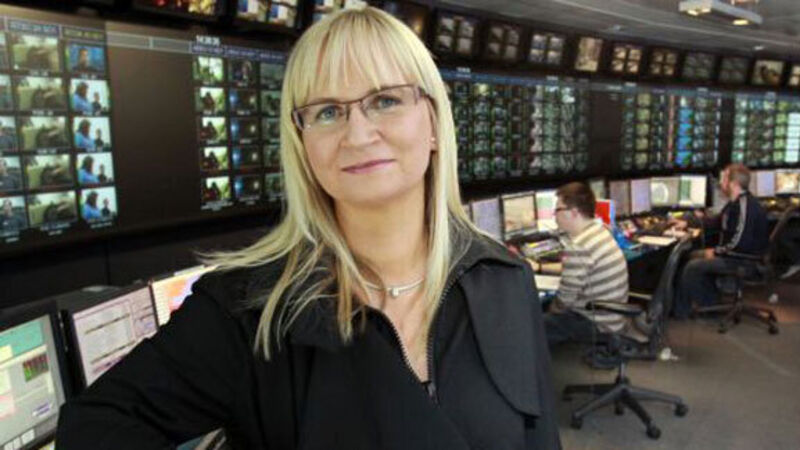RTÉ’s director general to tell TDs of dire finances

Wide-ranging budget adjustments are required to stabilise RTÉ’s finances, while the TV licence system is now “completely untenable”, director general Dee Forbes will tell TDs today.
Ms Forbes will also say it is not possible for RTÉ to continue to operate from a position of deficit.













